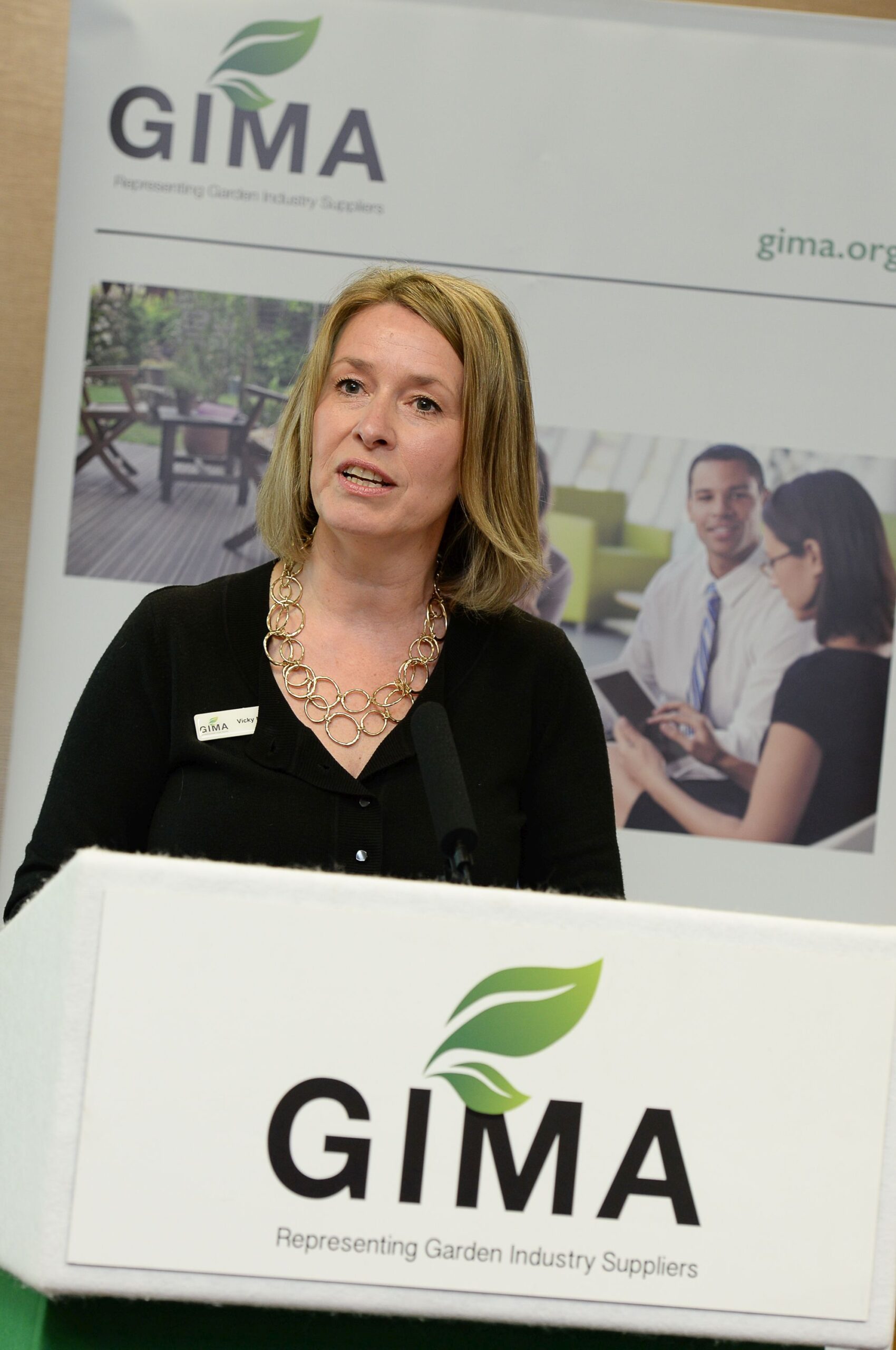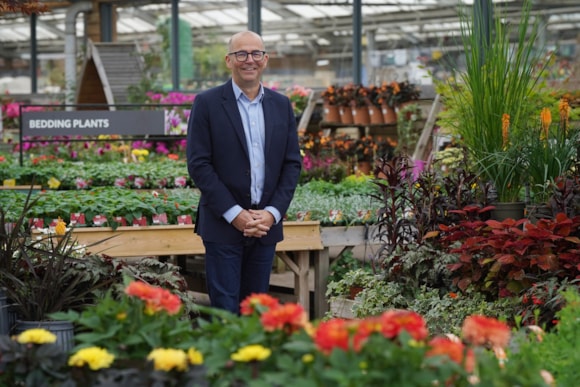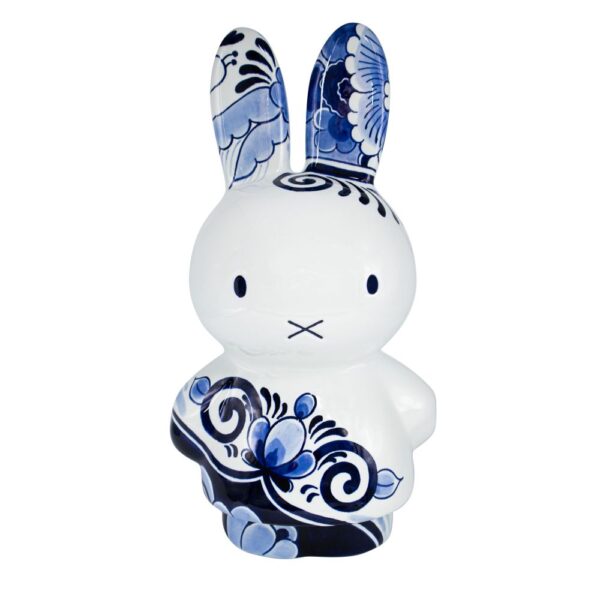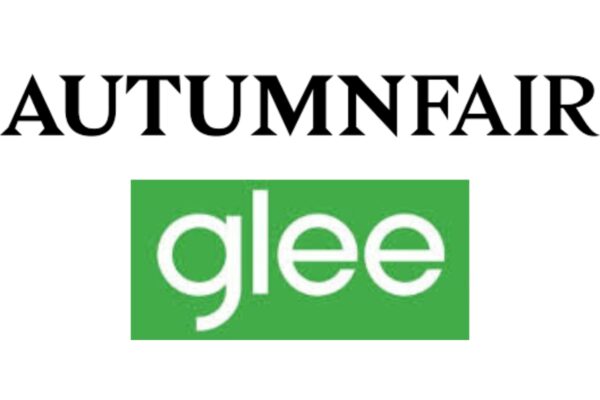Retailers must place pre-season orders without delay or the spectre of stock shortages risks making a comeback in 2021, writes Garden Industry Manufacturers Association (GIMA) director, Vicky Nuttall.
Close collaboration between suppliers and retailers has always forged a pathway to success, and in the absence of a crystal ball to predict how the Covid-19 pandemic is going to play out, working closer together than ever before is going to be critical as we head into winter and draw-up plans for 2021.

What we do know is that garden retail and the supply chain that drives it is one of the success stories to have emerged from a year of economic turmoil. We’ve witnessed incredible summer sales as the nation rushed to catch-up on gardening projects that were postponed from the traditional spring peak, and a season that’s extended well into autumn, driven by the stay-at-home culture. Plus, it has been rumoured that well over two million people may have caught the gardening bug for the first time during lockdown, presenting the industry with an incredible opportunity to nurture a new generation of customers. In order to keep this momentum going, a topic of paramount importance must now be addressed: pre-season orders.
In recent years, I have witnessed a tendency for some retailers to hold back on confirming what stock they require for the next season. Covid-19, however, is a game-changer when it comes to pre-season orders, and I’m going to outline a number of critical reasons, which came to light at a recent virtual GCA GIMA Supply Chain Forum, focusing on why suppliers need commitment from retailers as early as possible in order to be able to guarantee stock availability next season.
Firstly, it’s important to acknowledge that suppliers recognise the pressure that retailers are currently experiencing, such as heightened demand generated by buoyant autumn trading and addressing challenges that lie ahead in preparing socially distanced Christmas displays. Suppliers must make their voices heard though, as retailers who delay in committing on orders until the New Year risk losing out due to a combination of heightened demand and ongoing disruption resulting from the pandemic.
While suppliers have worked around the clock to ensure that stock levels have improved and lead times reduced following the easing of lockdown, retailers should not rely on being able to pick up the phone next season and always expect stock to be readily available. As I have said in the past, due to the requirement for social distancing, factories and distribution centres can no longer be flooded with personnel to step-up production, while the ongoing risk of regional lockdowns will continue to pose the threat of disruption.
The knock-on effect of rising demand for garden and DIY products is also placing further strain on suppliers. Take the buoyant pots and containers category, for example. Due to increased global demand combined with workplace social distancing requirements, some suppliers are discovering that overseas manufacturers, such as those based in the Far East, are operating at maximum capacity and are booked up until May next year.
Suppliers are having to overcome issues within their own supply chains, too. Shortages of packaging have been well documented, while the availability of bottles and spray triggers are subject to heightened demand worldwide due to soaring sales of sanitisation and cleaning products during the pandemic – an issue that’s having a knock-on effect on their availability for garden products. Garden industry suppliers are constantly having to plan ahead to ensure that pressures within their own supply chains do not disrupt the smooth flow of product to retailers.
Suppliers have always argued in favour of early commitment from retailers, but never has it been so important as it is now. From retailers’ point of view, uncertainty still exists in the marketplace, and at the time of writing, the rise in coronavirus infections along with tighter government restrictions on the number of people who can socialise together presents further worry, especially as so many retailers rely on cashflow from Christmas sales to fund stock for the new season. Pressure points are springing up everywhere, so early commitment wherever possible is the most effective means of ironing out problems and planning ahead to ensure that sufficient stock is secured for next season.
I remain hopeful that demand for garden products will continue to remain strong into 2021. The pandemic has generated so much anxiety and uncertainty that greater numbers of people are likely to forfeit foreign holidays next year and remain at home. This trend has to be good news for garden retailers but it will only translate into sales if ample stock is waiting in the wings. Placing orders now is a high priority, and failure to do so raises the spectre of stock shortages and bare store shelves. We must collaborate and communicate like never before to prevent a stock crisis from rearing its ugly head.

















